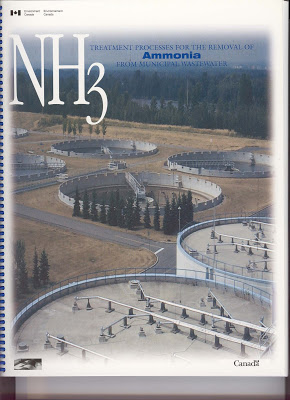 I was consulted yesterday on a patient with liver and renal failure–obviously, not an uncommon occurrence, as the two often go hand in hand. The patient had presented with altered mental status, and the question came up: hepatic encephalopathy or uremic encephalopathy? His serum NH3 level was >250 and his BUN was about 140. Either are certainly possible.
I was consulted yesterday on a patient with liver and renal failure–obviously, not an uncommon occurrence, as the two often go hand in hand. The patient had presented with altered mental status, and the question came up: hepatic encephalopathy or uremic encephalopathy? His serum NH3 level was >250 and his BUN was about 140. Either are certainly possible.
A few interesting electrolyte tidbits I picked up regarding the management of patients with hepatic encephalopathy:
#1: You shouldn’t give acetazolamide (Diamox) to patients with hepatic encephalopathy. Renal ammonia excretion requires protonation of NH3 in the proximal tubule, an event which absolutely requires bicarbonate resorption.
#2: Hypokalemia is another precipitant of worsening hepatic encephalopathy. Once again, the important site is the proximal convoluted tubule. In hypokalemia, K will move out of the proximal tubular cells into the extracellular fluid; to maintain electroneutrality H+ will move into the proximal tubular cells. The increased intracellular pH will stimulate the tubular production of ammonia from the amino acid glutamine.

